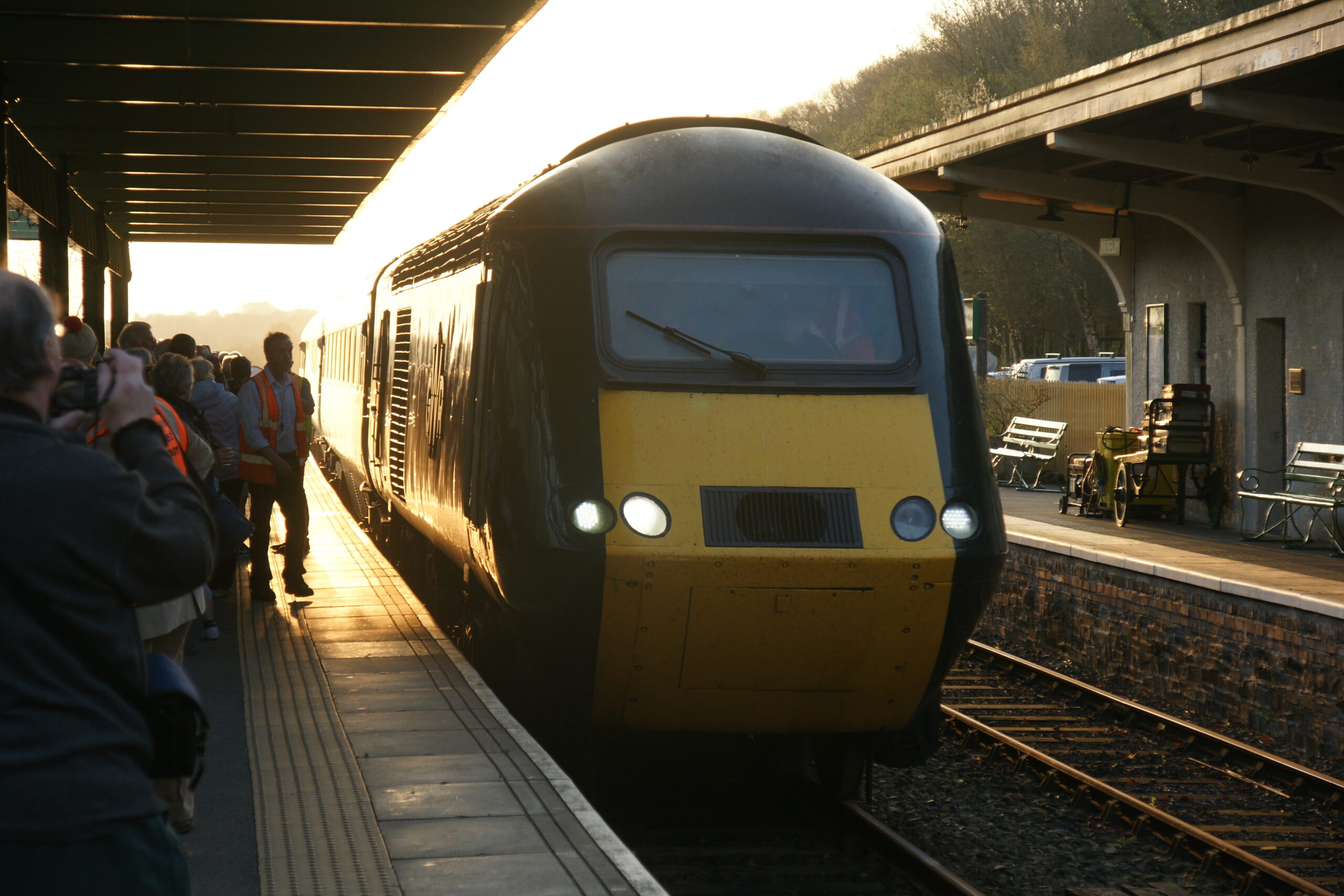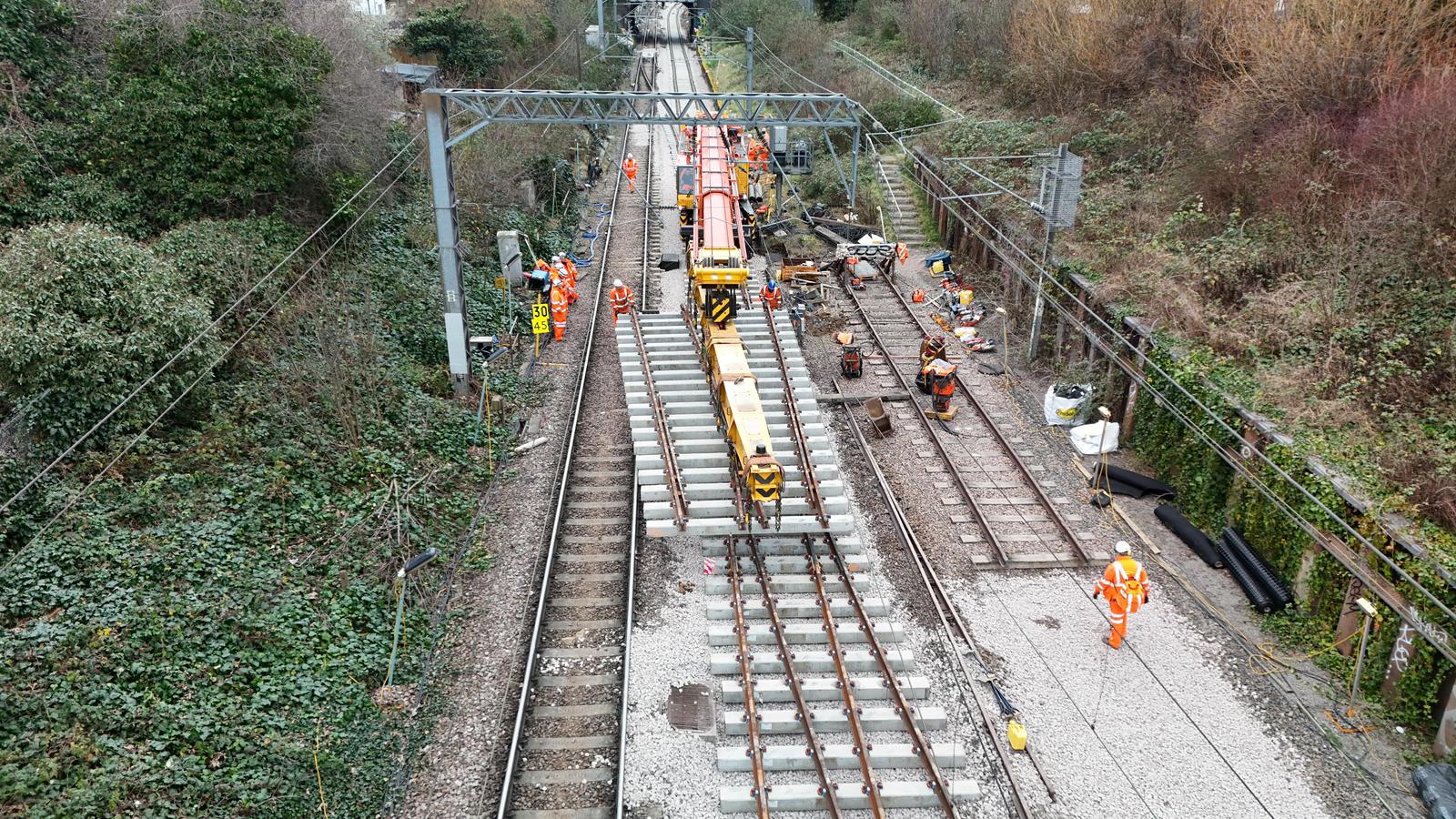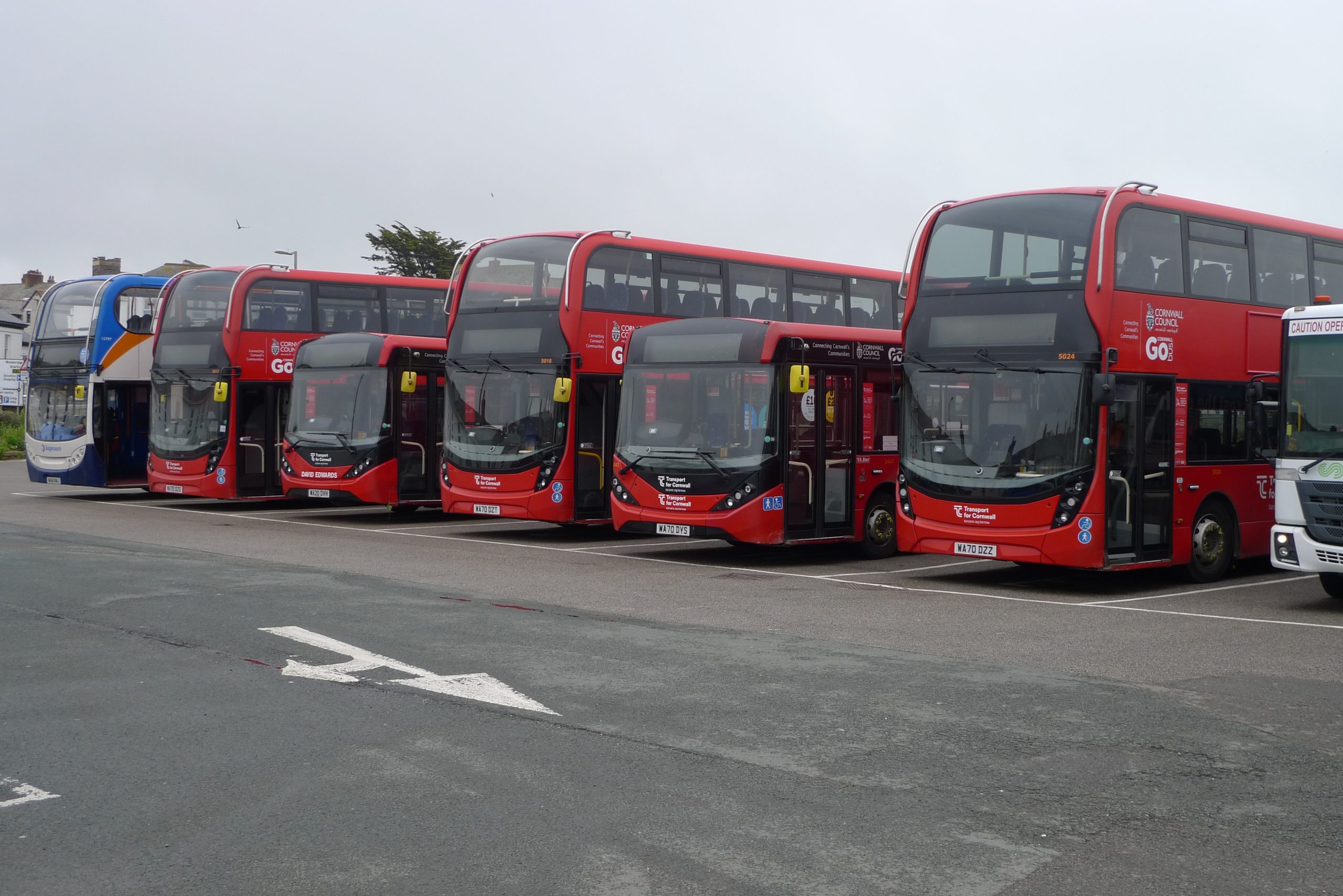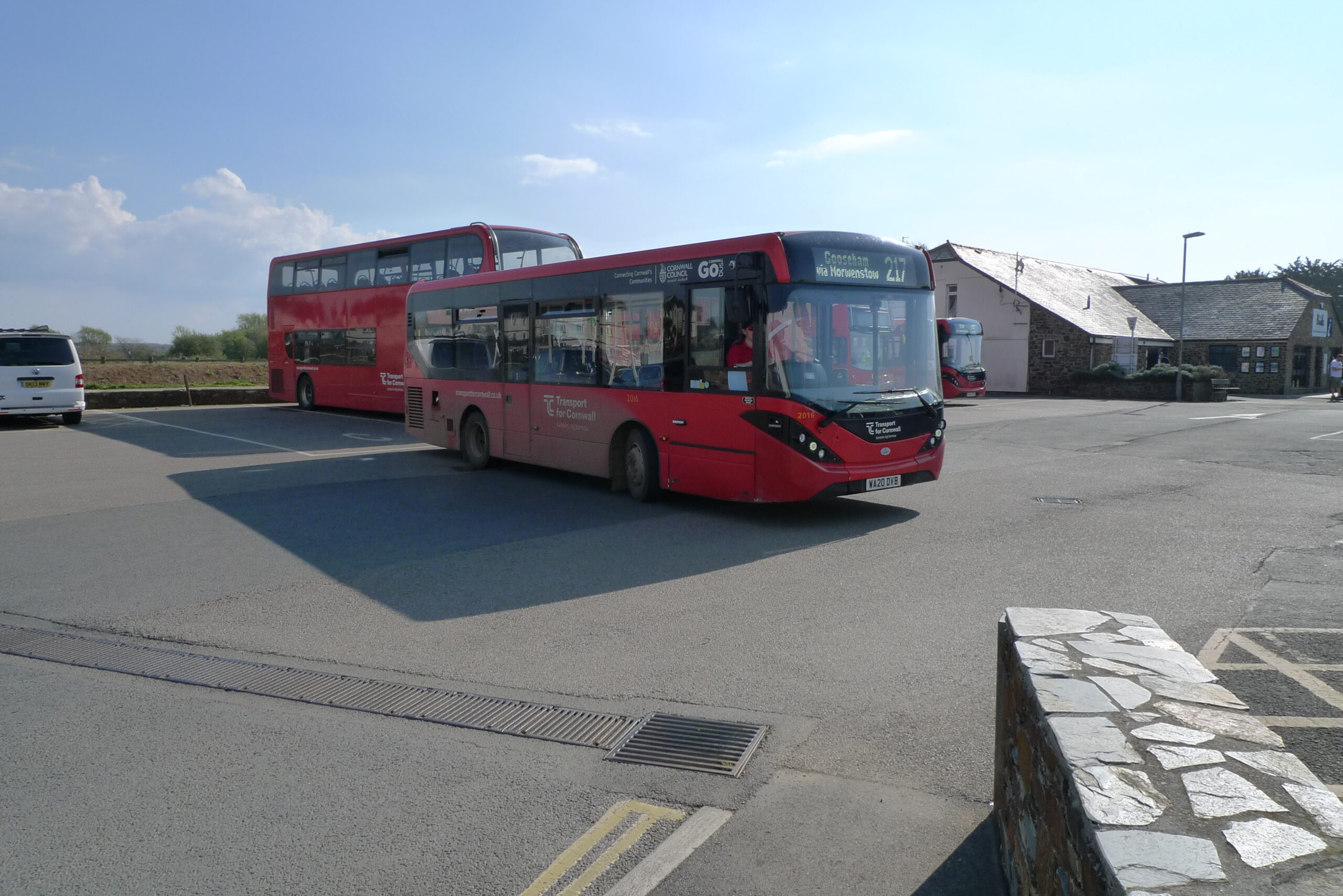Not only is North Cornwall uniquely disadvantaged in Cornwall in terms of reliable and usable bus connectivity to the rail network, but residents in this deep rural area are now being further disadvantaged with the proposed new per-mile tax for EVs & Hybrids, on top of the existing Fuel Tax for ICE cars .
Earlier this month First Bus announced it will end all its operations in Cornwall by 14 February 2026, citing relentless financial pressure: rising operating costs outpacing inflation, steeply falling passenger numbers (a 21% drop year-on-year on top of a 13% fall), and an increasingly competitive market.
That means 14 bus routes will shut down; 85 vehicles and all five of the company’s county depots will be decommissioned; and around 275 staff are at risk of redundancy.
For many communities – including Bude and the wider North Cornwall coast – this is deeply worrying. As highlighted in Connect Bude’s 2024 AGM review, parts of North Cornwall already suffer from what has been described as a “rail desert,” with no convenient alternatives when buses are lost.
In practice, once First Bus goes, there will be no public transport alternative for large swathes of mid to south Cornwall. For people without cars – or who cannot rely on others – that’s a loss of access to work, education, shops, and essential services like healthcare.
A new tax on driving just as public transport disappears
Into this void comes a harsh blow from central government: under Budget 2025 reforms, EV — and plug-in hybrid — drivers will face a new pay-per-mile road tax, set to begin around 2028.
The proposed rate is 3 pence per mile for battery-electric vehicles (EVs), and around half that for plug-in hybrids. There is already an effective per-mile road tax for fueled cars, but this was always suggested it was only because of “the pollution caused means more issues for NHS”. Clearly this is no longer the case and its all now a pay-per-mile road tax.
The government frames this as a way to recoup lost revenue from falling fuel duty as more drivers go electric. But for rural communities it looks like a double-whammy: first, loss of public transport; then – a tax that penalises people who have to drive.
Who pays disproportionately? Rural electric-car drivers.
For people in urban or suburban areas — especially where many essential services, shops, medical facilities, workplaces are close by – the impact of a mileage tax might be contained: less overall driving, more bus trips, more walking or cycling.
But in rural North Cornwall, with public transport vanishing, driving becomes a necessity when services are +50 miles away or more. That means more miles, more expense, and unfairly so if you compare with city-dwellers.
The “average” mileage-based cost (£250–£300 per year at 8,000–10,000 miles) might not sound much. But for those who must routinely drive long distances for essential needs – hospital appointments, specialist medical treatment, work, education – the burden becomes far heavier.
A concrete example: Bude → Exeter hospital visits
As an illustration: imagine a individual in Bude who has monthly medical appointments at Exeter Hospital – a realistic scenario for many needing specialist care not available locally.
- Bude → Exeter round-trip by road is roughly 110 miles (≈ 56.7 miles each way), depending on the exact route.
- Monthly appointments: 12 trips a year → ≈ 1,320 miles per year.
- At 3 p/mile, that’s £39.60/year extra tax just to get to hospital.
- If you were commuting every day to Exeter, it soon rises to £742.50 EXTRA in car tax per year
In other words: rural residents might be paying hundreds of pounds extra annually just to access essential services or their jobs.
Why that undermines social equity
- It penalises those who live far from services. People in cities are already close to shops, hospitals, jobs, education. In rural areas, by contrast, long-distance driving is often the only way to access services.
- It hits poorest hardest. People in rural areas often have lower incomes and fewer alternatives. Taxing mileage disproportionately burdens those with least flexibility.
- It risks deepening rural isolation. Transport access is a fundamental enabler of opportunity — for work, health, social life. Undermining it by both killing public transport and taxing driving risks marginalising rural communities further.
What can you do?
Respond to the government consultation here – where they are saying they will be charging you for your car use abroad;
Because it isn’t just about cars or carbon – it’s about fairness, equal access, and keeping rural communities alive.





